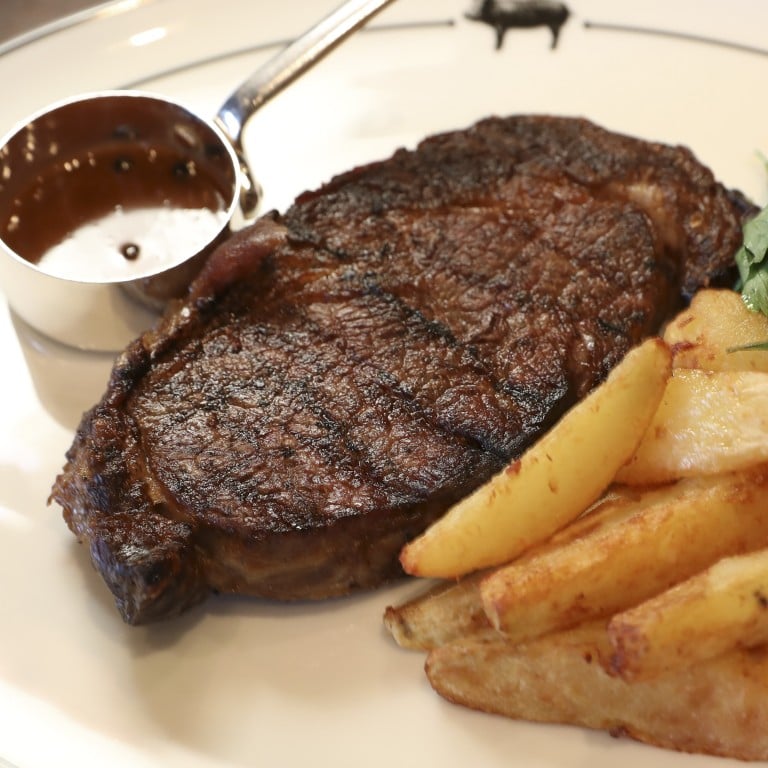Hongkongers eat the equivalent of two hamburgers each every day – does the city consume too much beef?

We asked some of the city’s most carnivorous chefs – at Michelin-starred Cantonese restaurant Ying Jee Club, Island Shangri-La’s fine dining restaurant Petrus and casual burger joint Honbo – why Hongkongers simply can’t get enough cow
The numbers are nothing short of astonishing: figures from Hong Kong’s government statistics department reveal that 678,000 tonnes of beef and beef products are imported into the city every year.
That translates into every adult and child in the SAR consuming the equivalent of two quarter pounders per person per day – every day.

These remarkable consumption figures naturally pose multiple questions. It’s important to acknowledge that in the normal years before Covid-19, Hong Kong’s huge number of tourists consumed a vast amount of beef. It’s not all burgers or steaks either, as the beef imports in question include everything from oxtail to offal.
But the figures tell their own story. Brazil produces more than one fifth of the world’s beef and its top export destination in 2018 was Hong Kong.
To get to the bottom of the city’s remarkable appetite for beef, we spoke to chefs and industry figures alike to learn why it is frequently the go-to meat of choice, in fine dining menus and casual joints alike.

Chef Siu Hin-chi leads the kitchen team at the Cantonese fine dining and two Michelin-starred spot Ying Jee Club in Central. He revealed why he feels that beef dishes are always so popular in the city:
Hong Kong people are true beef lovers. From hotpots to steakhouses, yakiniku to day-to-day cooking, there must be beef on the dining table. Most importantly, they are discerning diners and always willing to pay and seek out high quality beef, like Japanese A4 or A5 Wagyu and Australian M9 Wagyu, to satisfy their craving for that luxurious mouthfeel and flavour
Clearly, significant environmental implications accompany our love for high-end foreign meat. A 2018 earth science study by the University of Hong Kong (HKU) found that Hong Kong’s appetite for meat causes the city to be one of the world’s highest greenhouse gas emitters.
